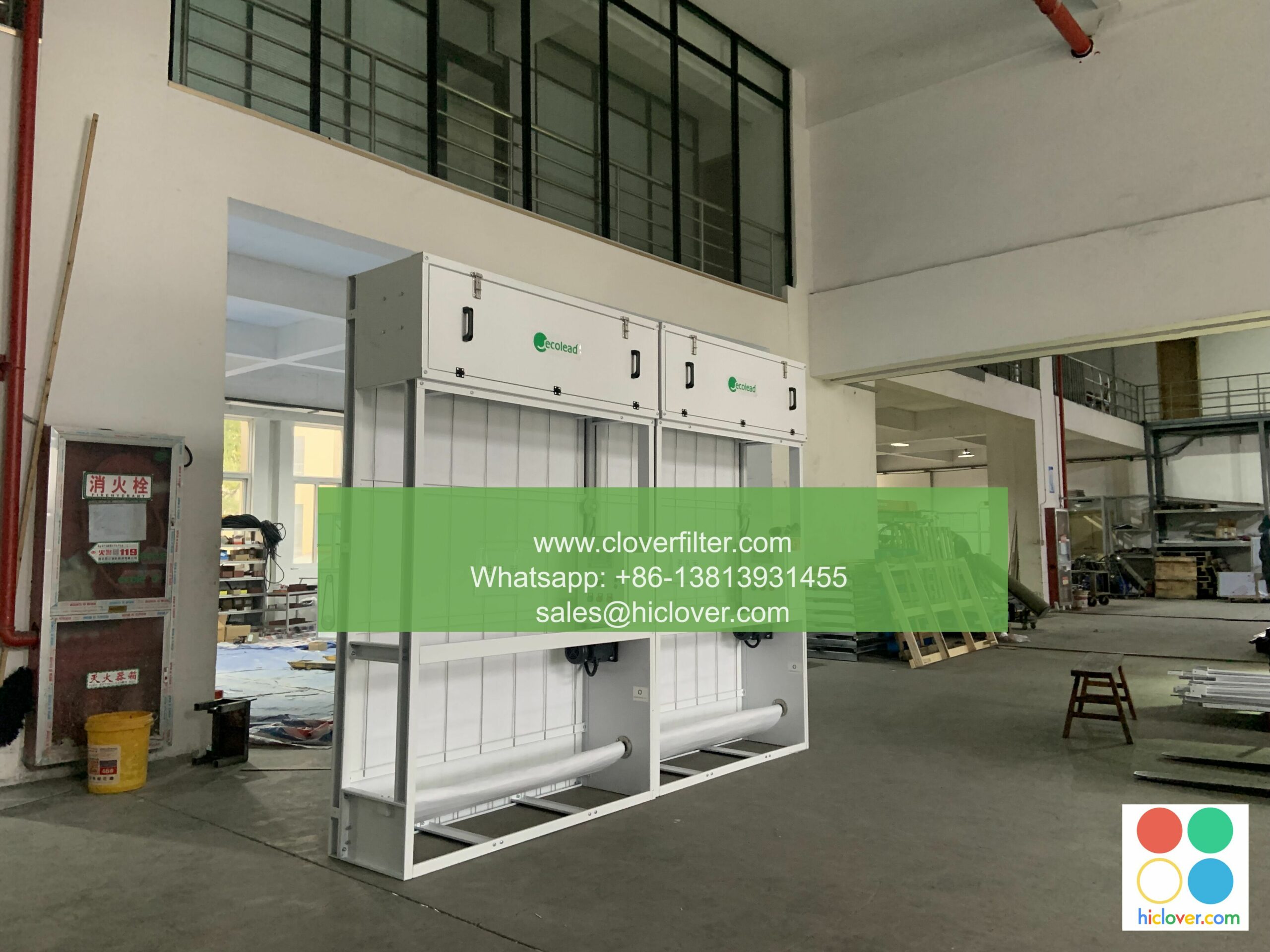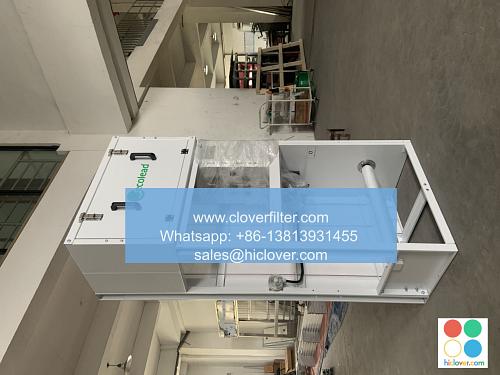The Role of Air Filters in Reducing Asthma and Respiratory Problems

Air pollution is a significant concern in today’s world, and it can have severe consequences on our health, particularly for individuals suffering from asthma and other respiratory problems. Indoor air quality and outdoor air quality are both crucial factors to consider when it comes to managing respiratory health. One effective way to reduce the risks associated with asthma and respiratory problems is by using air filters in various settings.
##
What are Air Filters and How Do They Work?
Air filters are devices designed to remove particulate matter, pollutants, and allergens from the air, improving the overall air quality. They work by capturing dust particles, pollen, pet dander, and other airborne contaminants, preventing them from being inhaled. HEPA filters (High Efficiency Particulate Air filters) are a type of air filter that is particularly effective in removing 99.97% of particles as small as 0.3 microns, making them an excellent choice for individuals with asthma and respiratory issues.
##
Application Areas of Air Filters
Air filters have a wide range of applications in various settings, including:
* Home air purifiers: Used to remove indoor air pollutants and improve indoor air quality, making it easier for individuals with asthma and respiratory problems to breathe.
* Commercial air filtration systems: Installed in office buildings, schools, and hospitals to improve indoor air quality and reduce the risk of respiratory problems.
* Industrial air filtration systems: Used in manufacturing facilities and workshops to remove hazardous particles and chemicals from the air.
* Vehicles: Cabin air filters are used in cars, buses, and trucks to improve in-vehicle air quality and reduce the risk of respiratory problems while driving.
##
Benefits of Air Filters in Reducing Asthma and Respiratory Problems
The use of air filters can have numerous benefits for individuals with asthma and respiratory problems, including:
* Reduced symptoms: By removing allergens and irritants from the air, air filters can help reduce the frequency and severity of asthma attacks and respiratory problems.
* Improved lung function: Air filters can help improve lung function by reducing the amount of particulate matter and pollutants in the air.
* Enhanced quality of life: By improving indoor air quality and reducing the risk of respiratory problems, air filters can enhance the overall quality of life for individuals with asthma and respiratory issues.
##
Conclusion
In conclusion, air filters play a vital role in reducing the risks associated with asthma and respiratory problems. By removing particulate matter, pollutants, and allergens from the air, air filters can help improve indoor air quality and reduce the frequency and severity of asthma attacks and respiratory problems. With their wide range of applications in various settings, air filters are an effective solution for managing respiratory health and improving the overall quality of life for individuals with asthma and respiratory issues. You haven’t provided a prompt or question for me to respond to. Please provide more context or ask a specific question, and I’ll do my best to assist you.

